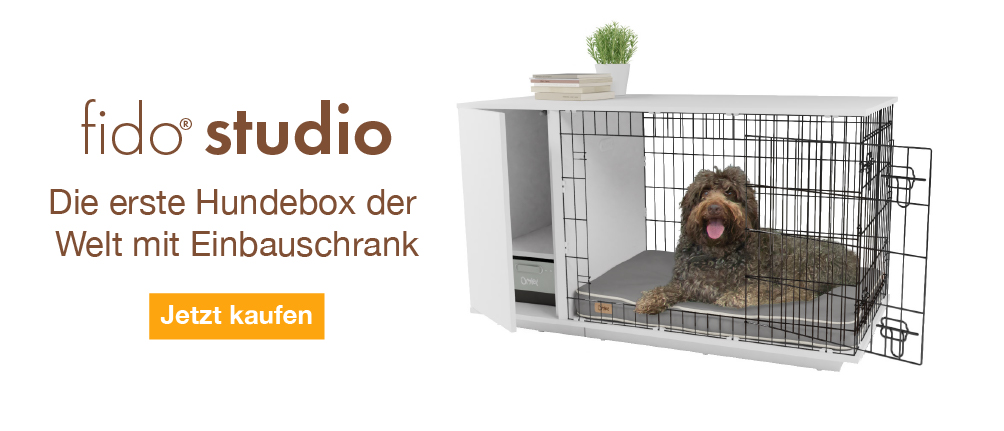Japanese Shiba Inu









Geschichte
The Shiba Inu, as it is known, originates from Japan and was used as a hunting dog to flush out small game for the hunters. During the Second World War, it was nearly wiped out due to an outbreak of distemper. A few years after the War ended, Shiba were found living in the countryside and a breeding programme began. The breed was registered with the Japanese Kennel Club in the late 1940's.
The word 'shiba' means brushwood in Japanese and it is believed that the dogs' coat resembled the autumn brushwood. They are a very popular breed in Japan and are becoming more so in the USA. It is the smallest of the Japanese Spitzes.
Verhalten
Shiba Inus are bold, confident and alert dogs, always ready for action, but loyal and affectionate to those around them. They get along well with family and pets and as long as children are respectful and don't tease them, they are child friendly. They can sometimes live with cats if raised together, but have a tendency to chase small animals. They have a natural suspicion of strangers and do need early socialisation to prevent them from becoming too protective of the family and house.
Rather than stubborn, Shiba Inus are seen as 'free thinkers' and can be funny about sharing food, territory and toys. Teaching them by taking food and toys away at a young age will prevent aggressive behaviour later in life and reinforce that you are in charge. It is best to put toys away when children are around to stop any issues.
Training can take a while, due to their nature. They are intelligent and can learn, but at their own pace. Trying to get them to think something is their own idea usually works and food can be a great motivator, but ultimately, patience is needed. They bond quickly with their owner and can be very playful, so using games to train them often works well. However, without a firm consistent owner, they will try and take over. A few minutes training a day, built in to a walk will reinforce their position and make for a well rounded dog. Shibas need this approach to training and it should continue throughout the dog's life.
WIth their chase instinct, recall is non existent and they will run off after squirrels and cats. They therefore need to be walked on a lead or in a secure area for their own safety. Shibas are undemanding dogs, but do need a fairly long walk every day to keep them fit and mentally stimulated. They are very active when out walking and a long walk will help them burn off enough energy to make them relaxed and content within the home. They make excellent hiking partners and can walk for miles without tiring.
The Shiba is a very clean breed and generally avoids getting too dirty. They need regular brushing to remove dead hair, but bathing is not usually needed; plus it removes the natural water proofing of the coat. When moulting they lose an awful lot of fur.
As a breed, they can be prone to Canine Hip Dysplasia and Patellar Luxation.
Charakter
Shiba Inus have a bold and headstrong temperament. These are not dogs for the inexperienced. Having a high prey drive as well as nimble agility the Shiba can certainly be more than a handful for most. They need a confident owner who can be utterly consistent in training and provide plenty of controlled exercise. Shibas can be very noisy but this does make the good watchdogs.
Gesundheitliche Probleme
Health problems that may affect Shiba Inus include canine hip dysplasia (CHD), luxating patella (dislocation of the kneecap), elbow dysplasia, Legg Calvé Perthes disease (deformation of the femoral head which can cause lameness and joint swelling), cataracts, progressive retinal atrophy (PRA: degeneration of the retina which can lead to blindness), allergies and heart disease.
Einzelheiten zur Rasse
- Status: Common
- Lebenserwartung: 12 - 15 years
- Produktgewicht: 6.8 - 11 kg
- Höhe: 13 - 16"
- Selten: Nein
- Fell: Klein - Zweifach
- Pflegeanforderungen: Einmal pro Woche
- Stadt oder Land: Beides
- Mindestanforderungen an Umgebung: Kleines Haus
- Mindestanforderungen an Garten: Kleiner bis mittelgroßer Garten
- Rassetyp: Begleithund
- Version: Größe M
- Energieniveau: Größe M
- Benötigte Bewegung: Bis zu einer Stunde
Fotos der Rasse

















